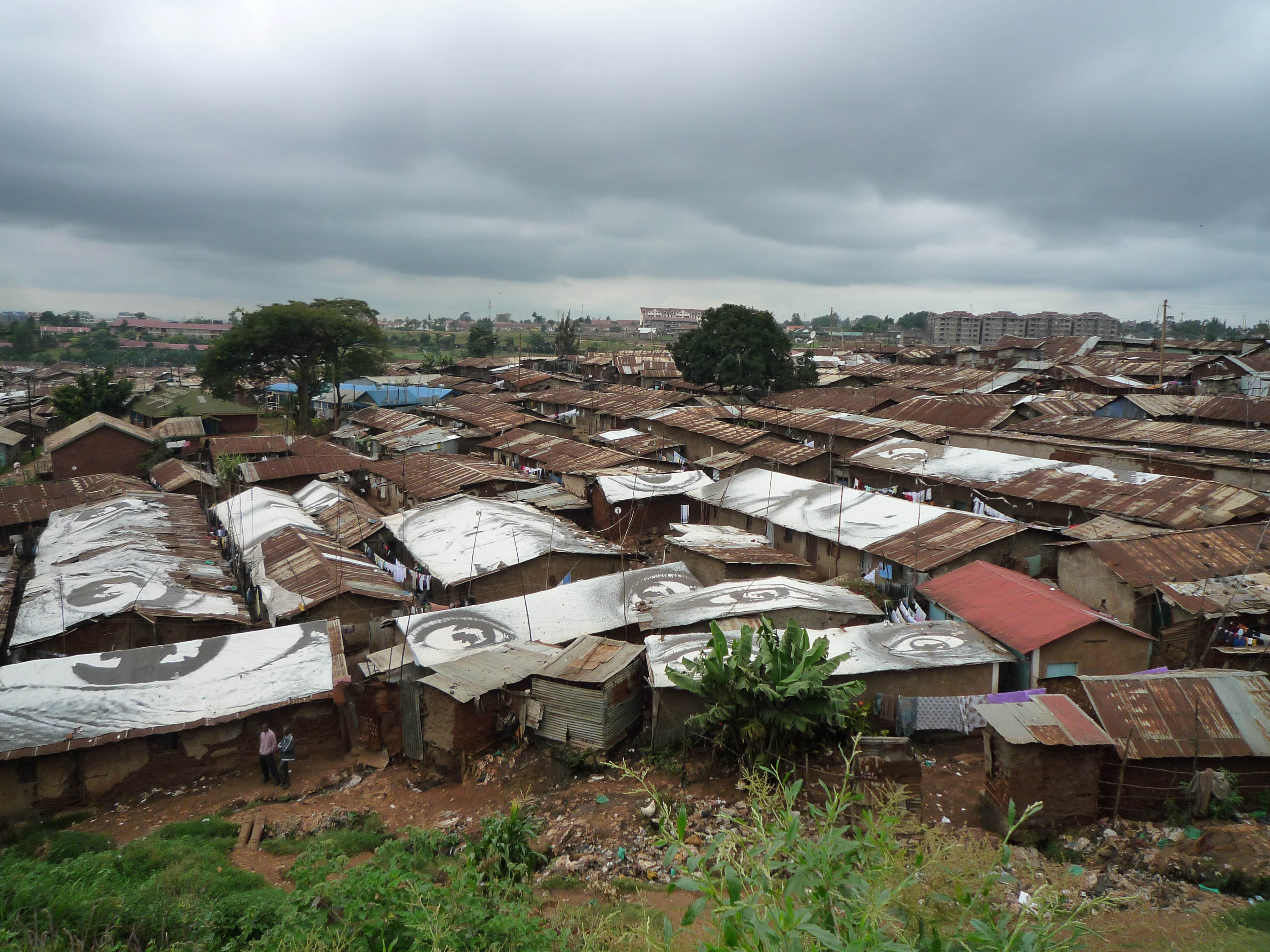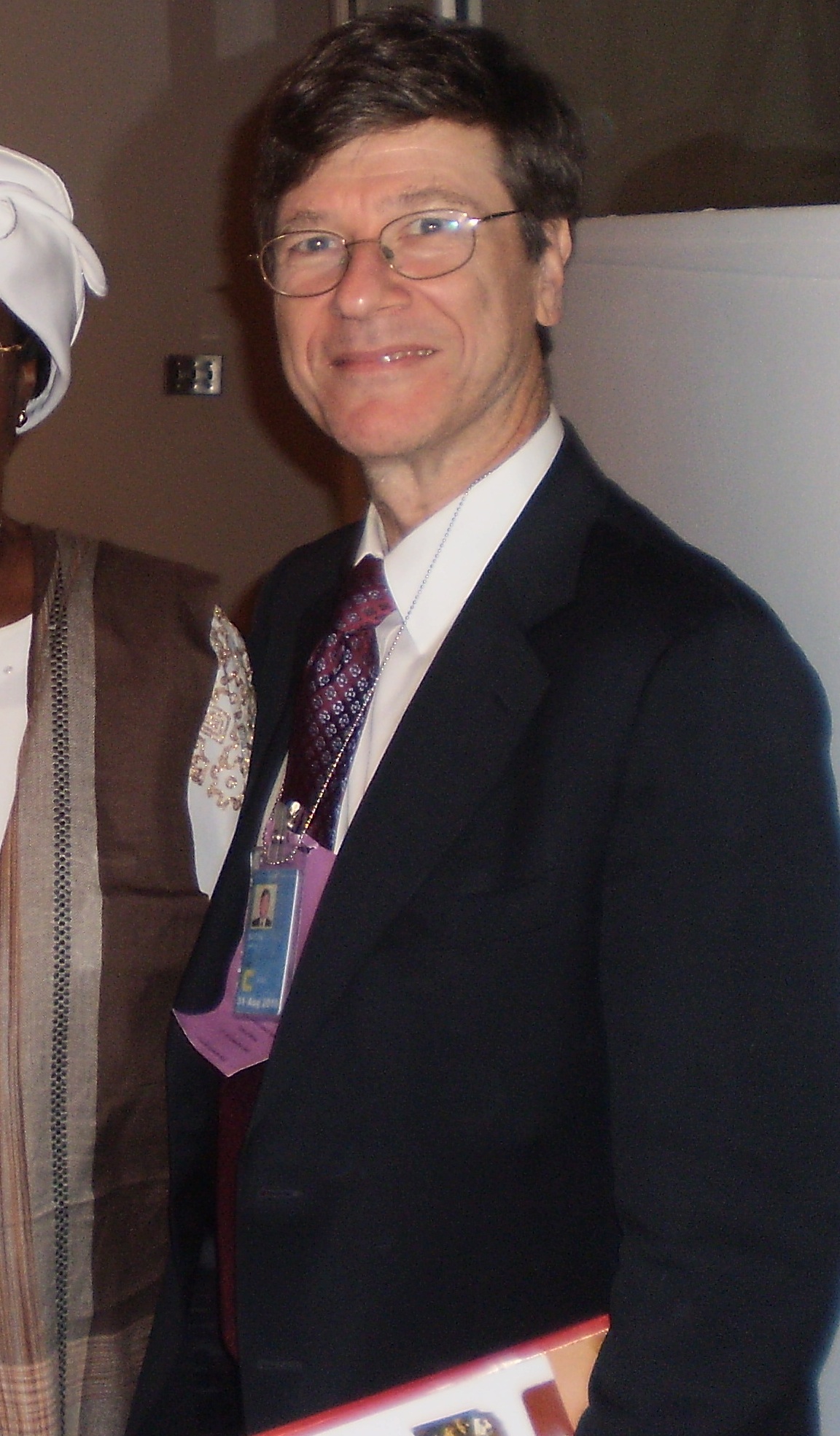|
Under-developed
Underdevelopment, in the context of international development, reflects a broad condition or phenomena defined and critiqued by theorists in fields such as economics, development studies, and postcolonial studies. Used primarily to distinguish states along benchmarks concerning human development—such as macro-economic growth, health, education, and standards of living—an "underdeveloped" state is framed as the antithesis of a " developed", modern, or industrialized state. Popularized, dominant images of underdeveloped states include those that have less stable economies, less democratic political regimes, greater poverty, malnutrition, and poorer public health and education systems. Underdevelopment per Walter Rodney is primarily made of two components, a comparative aspect as well the relationship of exploitation: namely, the exploitation of one country by another. History In critical development and postcolonial studies, the concepts of "development", "developed", and " ... [...More Info...] [...Related Items...] OR: [Wikipedia] [Google] [Baidu] [Amazon] |
Dependency Theory
Dependency theory is the idea that resources flow from a " periphery" of poor and exploited states to a " core" of wealthy states, enriching the latter at the expense of the former. A central contention of dependency theory is that poor states are impoverished and rich ones enriched by the way poor states are integrated into the " world system". This theory was officially developed in the late 1960s following World War II, as scholars searched for the root issue in the lack of development in Latin America. The theory arose as a reaction to modernization theory, an earlier theory of development which held that all societies progress through similar stages of development, that today's underdeveloped areas are thus in a similar situation to that of today's developed areas at some time in the past, and that, therefore, the task of helping the underdeveloped areas out of poverty is to accelerate them along this supposed common path of development, by various means such as investment ... [...More Info...] [...Related Items...] OR: [Wikipedia] [Google] [Baidu] [Amazon] |
Third World
The term Third World arose during the Cold War to define countries that remained non-aligned with either NATO or the Warsaw Pact. The United States, Canada, Taiwan, Japan, South Korea, the Southern Cone, NATO, Western European countries and other allies represented the "First World", while the Soviet Union, China, Cuba, North Korea, Vietnam, and their allies represented the "Second World". This terminology provided a way of broadly categorizing the nations of the Earth into three groups based on political divisions. Due to the complex history of evolving meanings and contexts, there is no clear or agreed-upon definition of the Third World. Strictly speaking, "Third World" was a political, rather than economic, grouping. Since most Third World countries were economically poor and non-industrialized, it became a stereotype to refer to developing countries as "third-world countries". In political discourse, the term Third World was often associated with being underdeveloped. China ... [...More Info...] [...Related Items...] OR: [Wikipedia] [Google] [Baidu] [Amazon] |
World War II
World War II or the Second World War (1 September 1939 – 2 September 1945) was a World war, global conflict between two coalitions: the Allies of World War II, Allies and the Axis powers. World War II by country, Nearly all of the world's countries participated, with many nations mobilising all resources in pursuit of total war. Tanks in World War II, Tanks and Air warfare of World War II, aircraft played major roles, enabling the strategic bombing of cities and delivery of the Atomic bombings of Hiroshima and Nagasaki, first and only nuclear weapons ever used in war. World War II is the List of wars by death toll, deadliest conflict in history, causing World War II casualties, the death of 70 to 85 million people, more than half of whom were civilians. Millions died in genocides, including the Holocaust, and by massacres, starvation, and disease. After the Allied victory, Allied-occupied Germany, Germany, Allied-occupied Austria, Austria, Occupation of Japan, Japan, a ... [...More Info...] [...Related Items...] OR: [Wikipedia] [Google] [Baidu] [Amazon] |
First World
The concept of the First World was originally one of the " Three Worlds" formed by the global political landscape of the Cold War, as it grouped together those countries that were aligned with the Western Bloc of the United States. This grouping was directly opposed to the Second World, which similarly grouped together those countries that were aligned with the Eastern Bloc of the Soviet Union. However, after the Cold War ended with the dissolution of the Soviet Union in 1991, the definition largely shifted to instead refer to any country with a well-functioning democratic system with little prospects of political risk, in addition to a strong rule of law, a capitalist economy with economic stability, and a relatively high mean standard of living. Various ways in which these metrics are assessed are through the examination of a country's GDP, GNP, literacy rate, life expectancy, and Human Development Index. In colloquial usage, "First World" typically refers to "the highl ... [...More Info...] [...Related Items...] OR: [Wikipedia] [Google] [Baidu] [Amazon] |
Rostow's Stages Of Growth
The Rostovian take-off model (also called "Rostow's Stages of Growth") is one of the major historical models of economic growth. It was developed by W. W. Rostow. The model postulates that economic modernization occurs in five basic stages, of varying length. # Traditional society # Preconditions for take-off # Take-off # Drive to maturity # Age of High mass consumption Rostow asserts that countries go through each of these stages fairly linearly, and set out a number of conditions that were likely to occur in investment, consumption and social trends at each state. Not all of the conditions were certain to occur at each stage, however, and the stages and transition periods may occur at varying lengths from country to country, and even from region to region. Rostow's model is one of the more structuralist models of economic growth, particularly in comparison with the ' backwardness' model developed by Alexander Gerschenkron. The two models are not necessarily mutually exclus ... [...More Info...] [...Related Items...] OR: [Wikipedia] [Google] [Baidu] [Amazon] |
Walt Whitman Rostow
Walt Whitman Rostow (; October 7, 1916 – February 13, 2003) was an American economist, professor and political theorist who served as national security advisor to president of the United States Lyndon B. Johnson from 1966 to 1969. Rostow worked in the Office of Strategic Services during World War II and later was a foreign policy adviser and speechwriter for presidential candidate and then President John F. Kennedy; he is often credited with writing Kennedy's famous "New Frontier" speech. Prominent for his role in shaping US foreign policy in Southeast Asia during the 1960s, he was a staunch anti-communist, noted for a belief in the efficacy of capitalism and free enterprise, and strongly supported US involvement in the Vietnam War. Rostow is known for his book '' The Stages of Economic Growth: A Non-Communist Manifesto'' (1960), which was used in several fields of social science. Rostow's theories were embraced by many officials in both the Kennedy and Johnson administrati ... [...More Info...] [...Related Items...] OR: [Wikipedia] [Google] [Baidu] [Amazon] |
Modernization
Modernization theory or modernisation theory holds that as societies become more economically modernized, wealthier and more educated, their political institutions become increasingly liberal democratic and rationalist. The "classical" theories of modernization of the 1950s and 1960s, most influentially articulated by Seymour Lipset, drew on sociological analyses of Karl Marx, Emile Durkheim, Max Weber, and Talcott Parsons. Modernization theory was a dominant paradigm in the social sciences in the 1950s and 1960s, and saw a resurgence after 1991, when Francis Fukuyama wrote about the end of the Cold War as confirmation of modernization theory.Francis Fukuyama, ''The End of History and the Last Man ''. New York: The Free Press, 1992, pp. 68-69, 133-134. The theory is the subject of much debate among scholars. Critics have highlighted cases where industrialization did not prompt stable democratization, such as Japan, Germany, and the Soviet Union, as well as cases of democrat ... [...More Info...] [...Related Items...] OR: [Wikipedia] [Google] [Baidu] [Amazon] |
Jared Diamond
Jared Mason Diamond (born September 10, 1937) is an American scientist, historian, and author. In 1985 he received a MacArthur Genius Grant, and he has written hundreds of scientific and popular articles and books. His best known is '' Guns, Germs, and Steel'' (1997), which received multiple awards including the 1998 Pulitzer Prize for general nonfiction. In 2005, Diamond was ranked ninth on a poll by '' Prospect'' and ''Foreign Policy'' of the world's top 100 public intellectuals. Originally trained in biochemistry and physiology, Diamond has published in many fields, including anthropology, ecology, geography, and evolutionary biology. In 1999, he received the National Medal of Science, an honor bestowed by the President of the United States and the National Science Foundation. He was a professor of geography at UCLA until his retirement in 2024. Early life and education Diamond was born on September 10, 1937 in Boston, Massachusetts. His parents were both Eastern Europ ... [...More Info...] [...Related Items...] OR: [Wikipedia] [Google] [Baidu] [Amazon] |
Jeffrey Sachs
Jeffrey David Sachs ( ; born November 5, 1954) is an American economist and public policy analyst who is a professor at Columbia University, where he was formerly director of The Earth Institute. He worked on the topics of sustainable development and economic development. Sachs is director of the Center for Sustainable Development at Columbia University and president of the UN Sustainable Development Solutions Network. He is an SDG Advocate for United Nations (UN) Secretary-General António Guterres on the Sustainable Development Goals (SDGs), a set of 17 global goals adopted at a UN summit meeting in September 2015. From 2001 to 2018, Sachs was special advisor to the UN Secretary General, and held the same position under the previous UN Secretary-General Ban Ki-moon and prior to 2016 a similar advisory position related to the earlier Millennium Development Goals (MDGs), [...More Info...] [...Related Items...] OR: [Wikipedia] [Google] [Baidu] [Amazon] |




